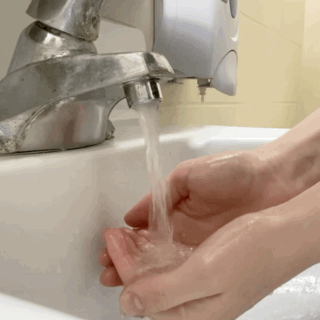Contact tracing is kind of like being a COVID-19 detective. That’s what Kathy Cabai says. She’s a professor at College of DuPage and is coordinating its new online training program for the job.
Contact tracing involves calling people infected with COVID-19 to see who they’ve been in contact with to limit the spread of the virus. It also means reaching out to those who may have been exposed to people with COVID-19.
These are health care jobs and you work with public health departments. But Cabai says first and foremost they’re communication jobs.
It is done by public health officials for tuberculosis or some STDs, but the coronavirus pandemic is on a much larger scale.
Cabai says it could be difficult for contact tracers to explain to people why it’s essential they share this information, even as other states are seeing COVID-19 cases spike again.
“Not everybody wants to disclose that. Not everybody wants to disclose that they've been at a huge gathering when we've supposedly we're supposed to be on lockdown,” she said.
During the four week course, Cabai says, students will learn about active listening and privacy laws like HIPAA.
“They're going to have probably some issues when they call people and be very empathetic about what's going on and explain how important it is to get this information so that we can help slow the process of COVID-19,” said Cabai.
The state of Illinois is looking to hire 4,000 contract tracers, with an additional 600 in Chicago.
You don’t need a background in health care to sign up for the program. The job can be done from home and the city of Chicago says it’ll pay tracers at least $20 an hour to start. Students at College of DuPage are also eligible for a scholarship.
Cabai says public health departments in Illinois are starting to hire and have reached out to her about hiring students when they’re done with the program.
The first courses, set to begin June 29 at College of DuPage, have already filled up. But COD is in the process of opening up more sessions.
Illinois Governor J.B. Pritzker has called contact tracing “arguably our most sustainable tool” to contain COVID-19.
On Monday, Illinois reported its lowest daily count of new cases since late March.


